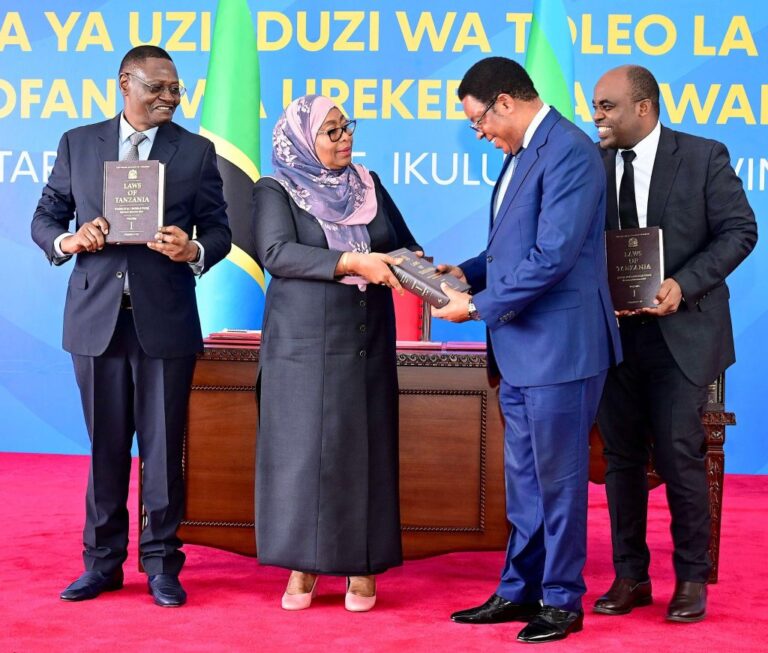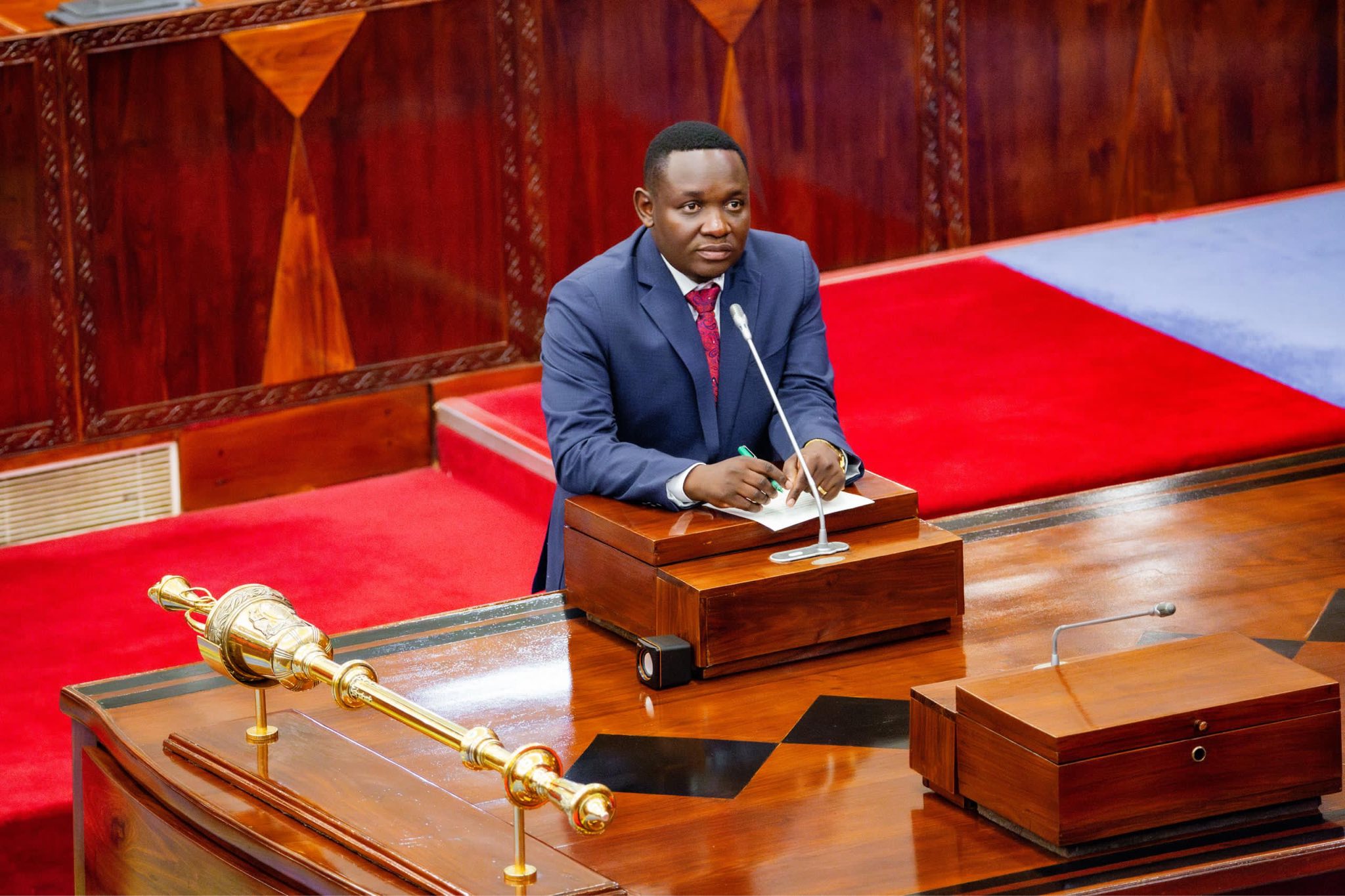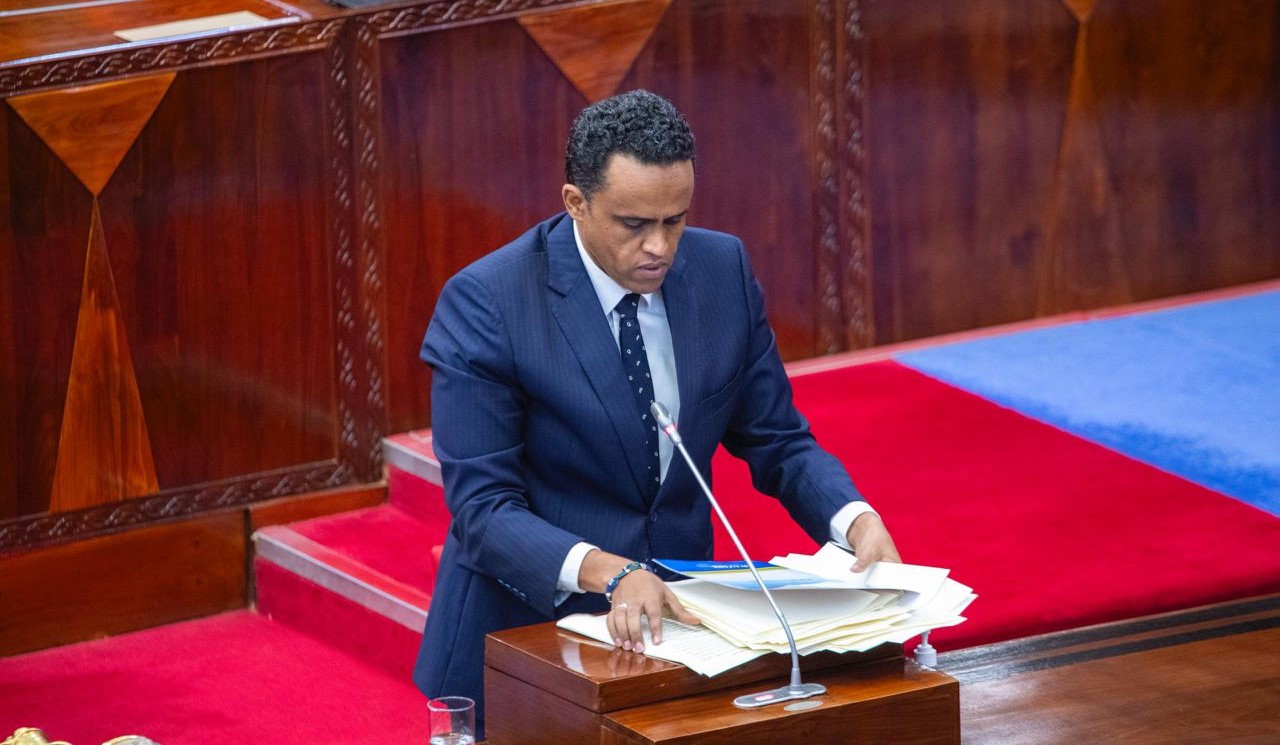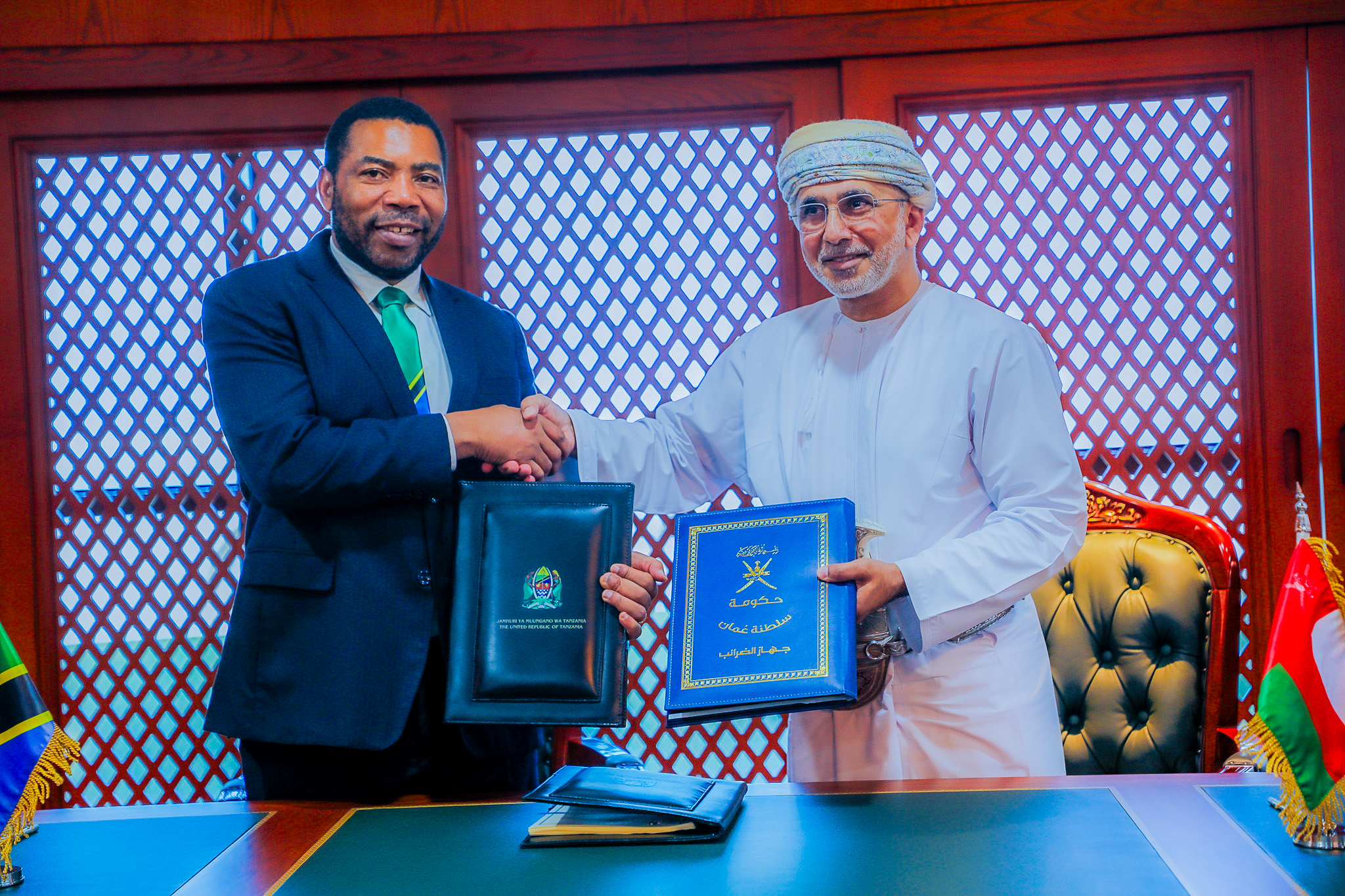Dare es Salaam. A silent inefficiency has long haunted Tanzania’s justice system: the absence of updated, consolidated legal statutes.
While Parliament regularly passes and amends laws these amendments are often buried within omnibus legislation known as The Written Laws (Miscellaneous Amendments) Act, leaving the original statutes untouched and fragmented.
The result is a cumbersome legal landscape that demands judges, lawyers, and law students to manually cross-reference years’ worth of amendments to determine the updated state of the law.
This piecemeal approach has contributed to delays in legal proceedings, inconsistent interpretations, and costly errors—all of which erode confidence in the legal system and complicate access to justice for ordinary citizens and investors alike.
In an era where clarity, accessibility, and efficiency are paramount, the consolidation of amended laws into single, authoritative volumes is not just a bureaucratic nicety; it is an urgent national necessity.
That necessity has now been answered
President Samia Suluhu Hassan on April 23, 2025 launched a revised and consolidated edition of Tanzania’s laws that will be will become the official reference for all state organs and courts, pursuant to the Law Revision Act, Cap. 4.
“This revision will simplify access to justice for all citizens, reduce the time required for legal research, and enable quicker, more consistent decision-making,” President Samia said as she launched the new edition in Dodoma.
The updated and consolidated edition, which comes in 20 volumes, consists of 446 principal laws passed between 2003 and 2023.
Legal experts have long pointed out the inefficiencies embedded in Tanzania’s system of statutory amendments.
A judge may spend days tracing a trail of scattered legal modifications—some of them dating back years—in order to apply the law correctly.
Such practices, while resourceful, underscore the need for systemic reform.
Attorney General, Hamza Johari, under whose supervision the revision was conducted, has highlighted how the previous practice disadvantaged users.
“When a law is amended several times, the user must read the original law and then consult all the amendments. It is inefficient and risks serious misapplication,” he explained.
The new edition eliminates this challenge. It offers modernised formatting, corrected errors, and a structure that reflects current legislative realities.
It also upholds the integrity of the original law while seamlessly integrating all valid amendments.
The implications go beyond legal circles
A transparent, predictable legal environment is one of the cornerstones of a thriving investment climate.
Foreign and local investors alike depend on timely and unambiguous access to legal information.
Countries such as the UK, Canada, and South Africa maintain regularly updated legal databases, helping businesses operate with confidence.
Tanzania’s move in this direction sends a strong message to the international community: the country is committed to legal certainty, rule of law, and institutional accountability.
As President Samia said during the launch of the revised edition at Chamwino State House; “the law is the mirror of a nation’s civilisation.”
She pointed out that the reorganisation of the statutes would not only ease legal research but also close interpretive loopholes that previously bred corruption, impunity, and legal gridlock.
Prime Minister, Kassim Majaliwa, underscored that the initiative was fully state-financed, made possible by improved domestic revenue systems. This level of self-reliance adds weight to the reform, distinguishing it from previous efforts that relied heavily on external donors.
In the broader context, this legal overhaul reflects a national shift towards governance reform, judicial efficiency, and inclusive economic participation.
It restores coherence to the legal code and reinforces Tanzania’s image as a country that values legal certainty and institutional progress.







